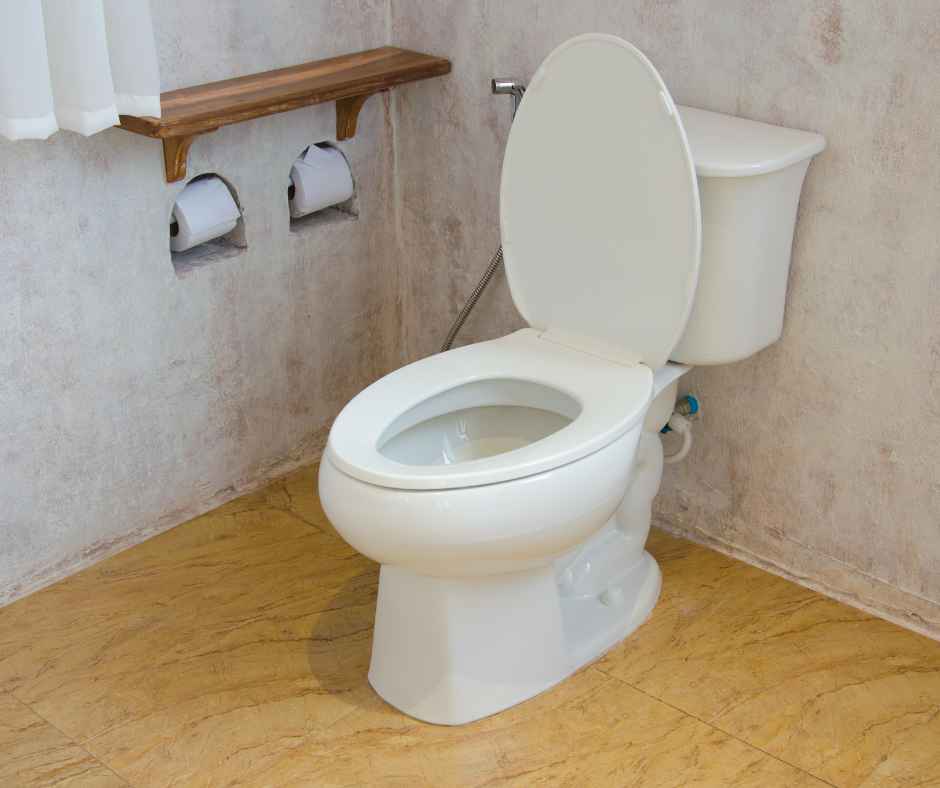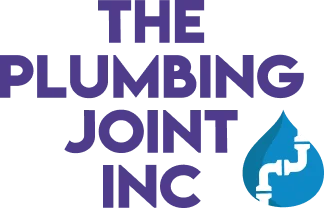the East Side & Beyond!
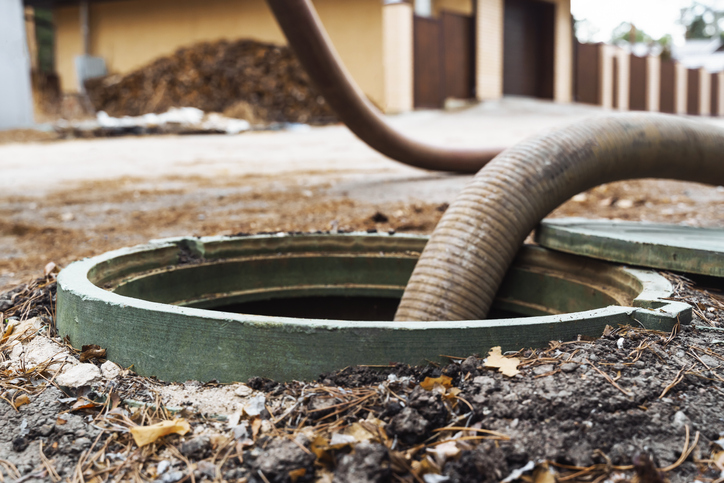
Top Tips for Septic Tank Care
October 22, 2018
Living in a more rural area certainly has its benefits. It tends to be a little more private and is often surrounded by nature. Your home has its own space and thankfully isn’t an arm’s length away from the next cookie cutter house. You may even have a mile or two between you and your neighbors. Along with privacy and space, however, the home will likely be outfitted with a septic tank. In fact, more than one in five homes in the United States have an individual onsite septic system. These homes are located far enough away from mainstream areas that they simply don’t have access to public city sewers. When a septic system is properly maintained it is often odorless and out of sight. In addition, proper maintenance will not only save you money, but it will also keep the environment surrounding your home healthier and safer. It is always wise to keep in mind that whatever goes into your plumbing via the kitchen sink, toilet, or shower drains, etc., eventually makes its way to your septic system.
What is a septic tank?
The septic tank is a large, watertight container which is kept underground. This essential tank acts as a filter and separates scum and solids. It gives the wastewater a pretreatment before it enters the drain field. The septic tank accumulates everything from the homes piping system and the consistency of what comes through will determine its placement within the tank. For example, heavy solids seep to the bottom leading to the bacteria turning certain sludge into gasses. Solids that don’t carry much weight like grease, rise to the top and create a layer of scum. Anything that doesn’t decompose remains in the tank, therefore pumping out the septic tank periodically will help prevent overflow into the drain field, which could cause detrimental damage not to mention health hazards. Being mindful of what your household has put into the septic tank is important because the biological balance of the tank is sensitive and can be upset easily. Here are a few tips that will help you keep a healthier and safer septic tank:
-
Record and inspect adequately
Having a septic tank that runs smoothly is not only beneficial to your household but its environment as well, therefore annual inspections from a professional are highly recommended. Inspections will help determine the current condition of your tank and how often it needs to be pumped. Be sure to keep all records of inspections and repairs in the event you need to provide proof of condition during a sale. These records should include detailed reports of any potential or existing leaks and damage as well as what the scum levels are currently at. Regular, proper upkeep and an organized record system will help tremendously in the event of a less than favorable issue with your tank.
-
Pump, Pump, Pump it out!
To ensure things don’t go awry and either cause damage or a major stink issue throughout your property, it’s essential to pump out the septic tank when necessary. The rule of thumb is to pump every three to five years. Don’t wait until there is a problem before pumping. Having your septic tank routinely pumped can actually prevent your system from failing and knowing when to pump is where keeping accurate records come into play. Increase the longevity of your system and…. pump, pump, pump it out!
-
Be conservative!
Having your own septic tank should certainly encourage conservation. You don’t want to let the water run unnecessarily, like when you are brushing your teeth. Instead, turn the water off anytime it is not actually being used. The less water that’s wasted the more likely your septic tank will work efficiently due to less strain on the system. Conserving water is one of the best and easiest ways to keep your septic tank healthy. Some water conservation tips include investing in energy saving appliances and inspecting/repairing any leaky faucets or continually running toilets. Be conscientious of how much water your household is using so you know whether or not your septic tank can handle it.
-
No Chemicals Please!
The septic tank is full of useful and important bacteria that helps break things down so it’s very important that you don’t allow in chemicals that might disrupt that process. Things like drain/floor/toilet bowl cleaners and toxic liquid such as paint, waxes or polishes can destroy the beneficial bacteria and contaminate the ground and surface water. Not to mention, these chemicals can cause major damage to your tank. It’s important that you find alternatives to these harsh chemicals in order to keep your septic system in tip-top shape.
-
Be cautious of what is being deposited
Aside from avoiding chemicals traveling to the tank, you don’t want to put in anything that won’t decompose well. What doesn’t decompose in the tank will cause it to fill up much quicker than intended. For reference, here is a list of things to avoid putting down your drains when you have a septic system.
- Fats or grease
- Motor oil or fuel
- Disposable diapers
- Coffee grounds, egg or nutshells
- Filter tip cigarettes
- Sanitary napkins, tampons, or condoms
- Paper towels
- Paints or chemicals
We’ll even go so far as to recommend a higher quality toilet paper that easily breaks down when it’s wet as the health of your septic tank is often determined by how mindful the user is.
A septic tank has the ability to last more than 30 years but that statistic is most definitely contingent upon its care and upkeep.
Recent News
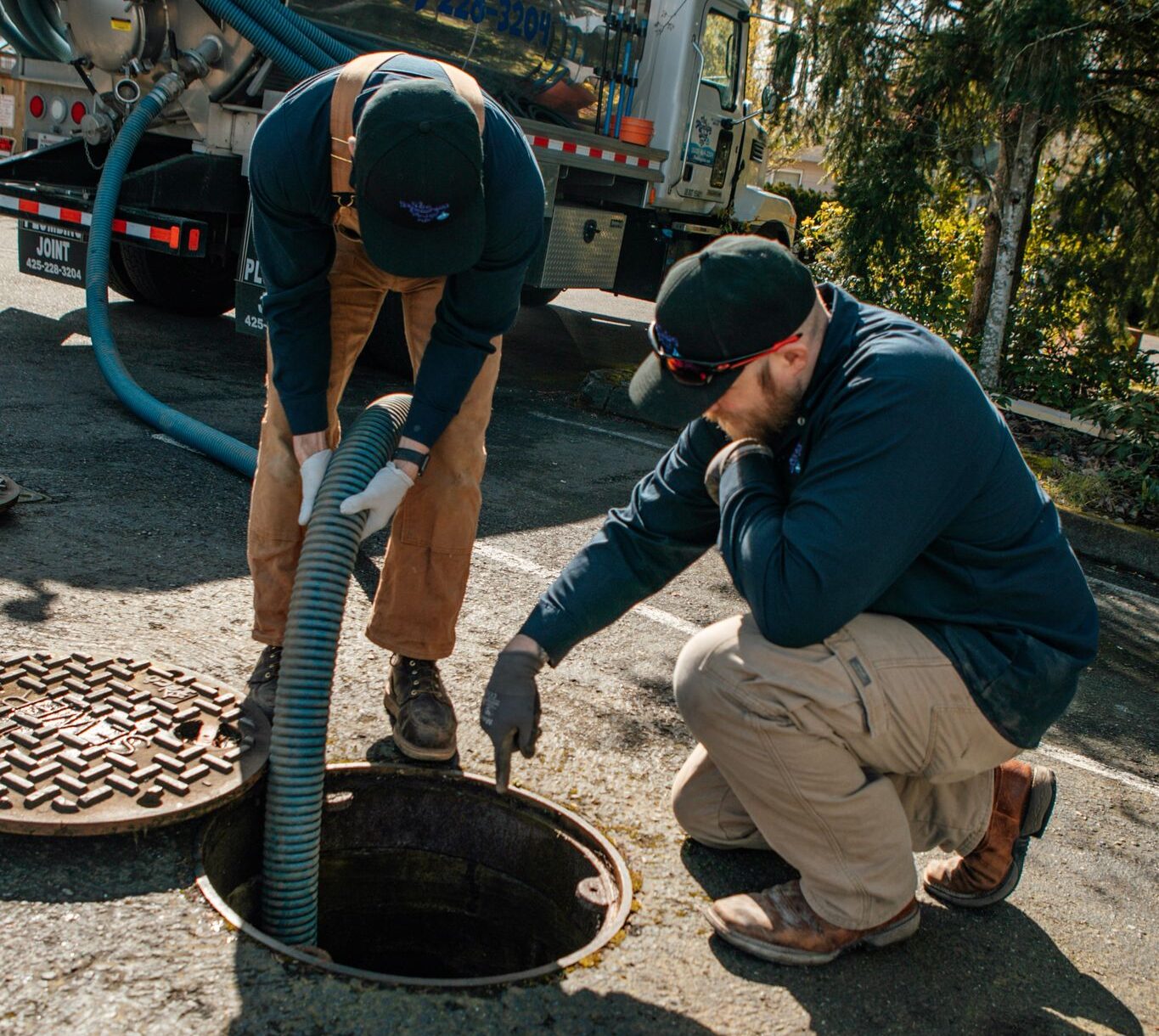
How To Spring Ahead of Plumbing Issues
March 11, 2025
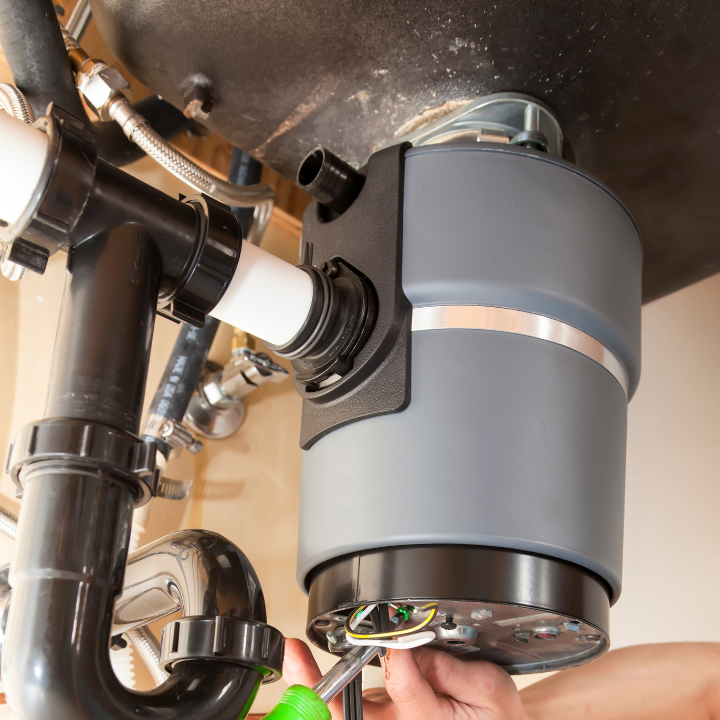
Help! My Garbage Disposal Is Humming But Not Working
February 7, 2025
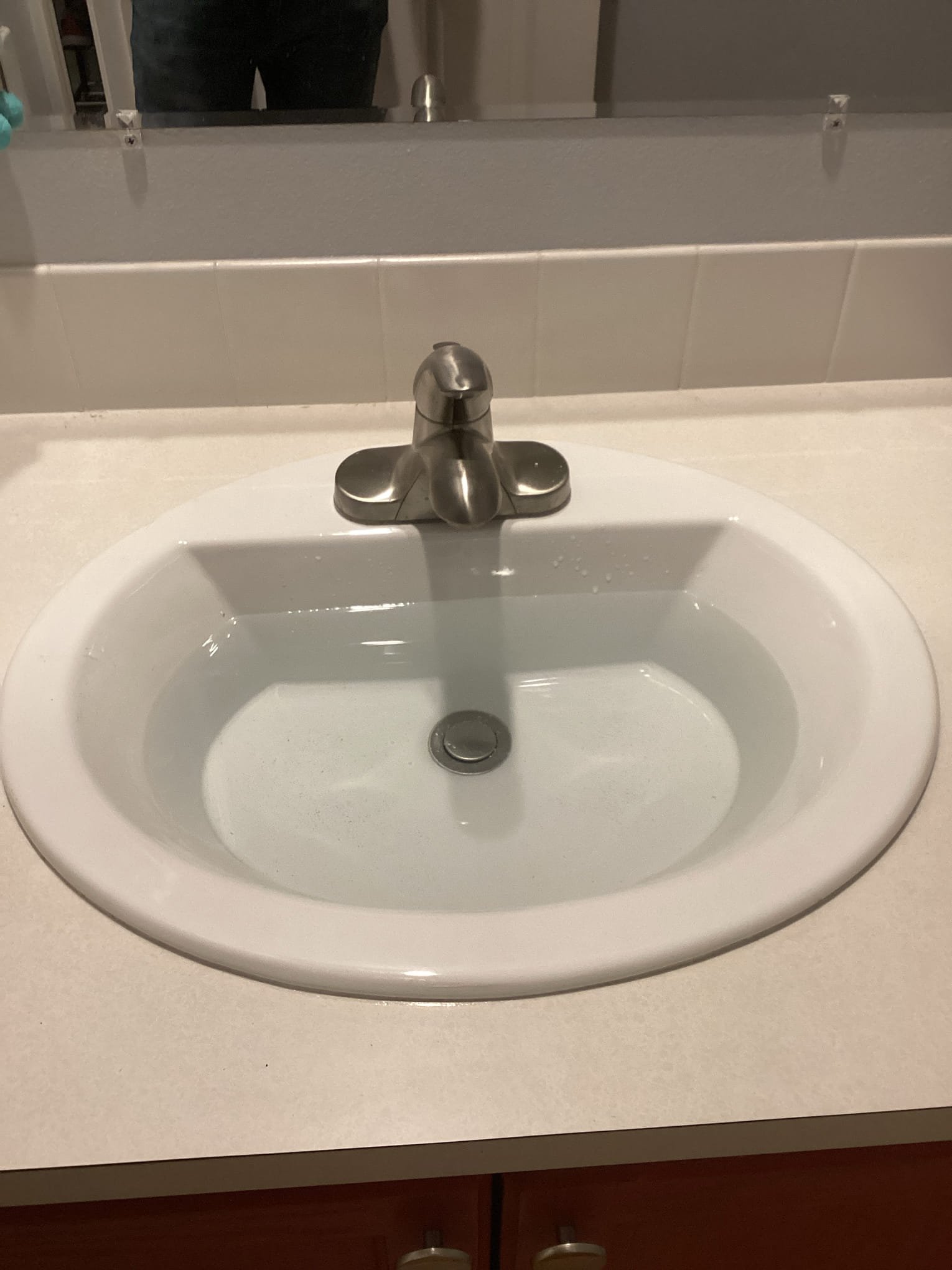
Why Does My Sink Gurgle?
January 10, 2025
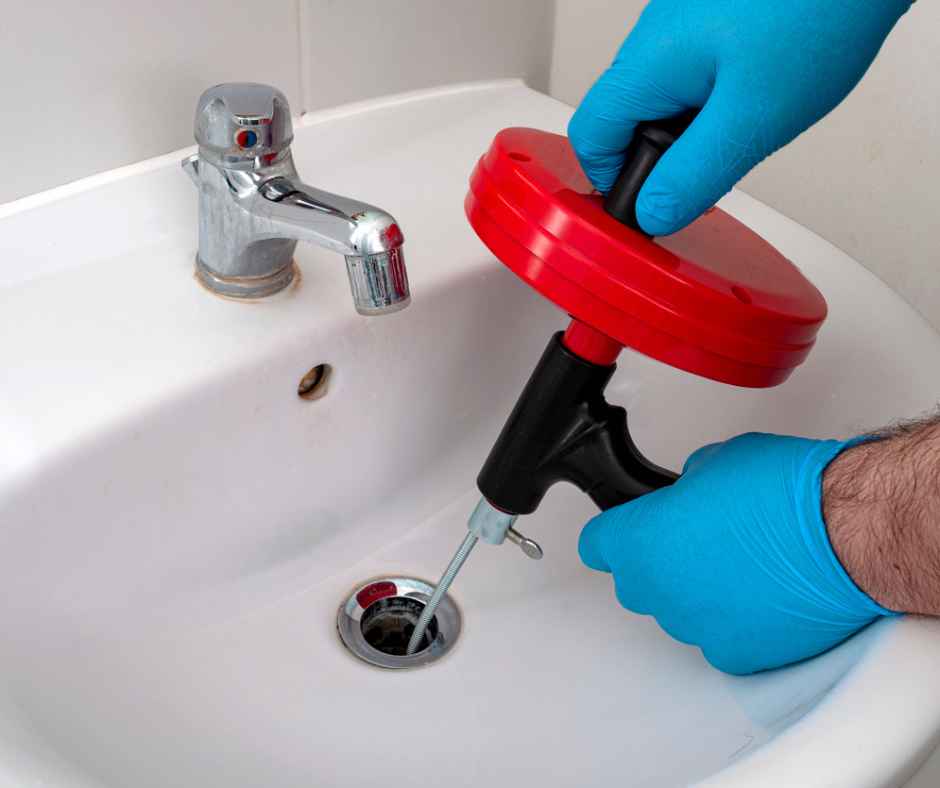
How to Use a Plumbing Snake
December 13, 2024
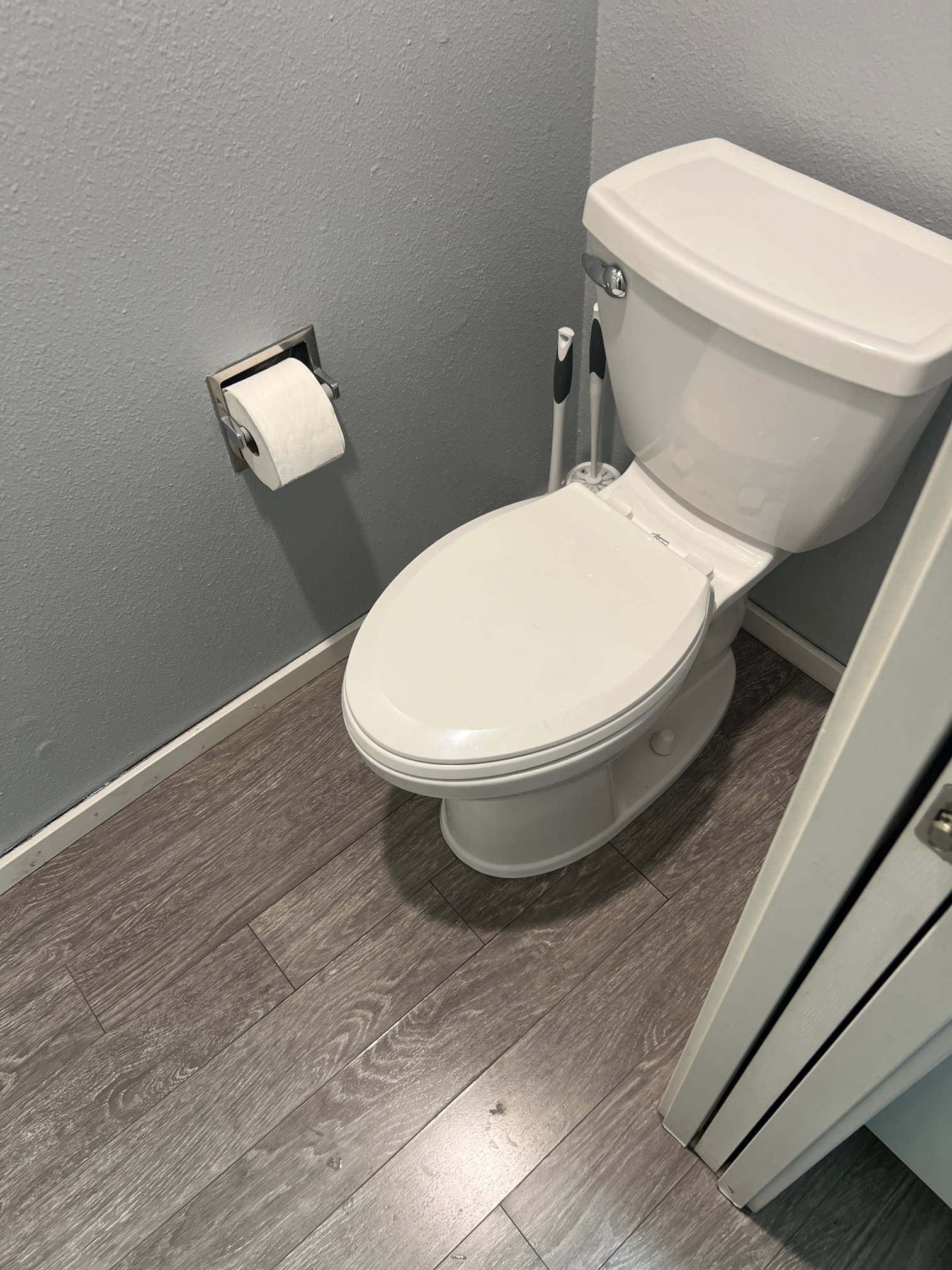
Toilet Sounds And What They Mean
November 7, 2024
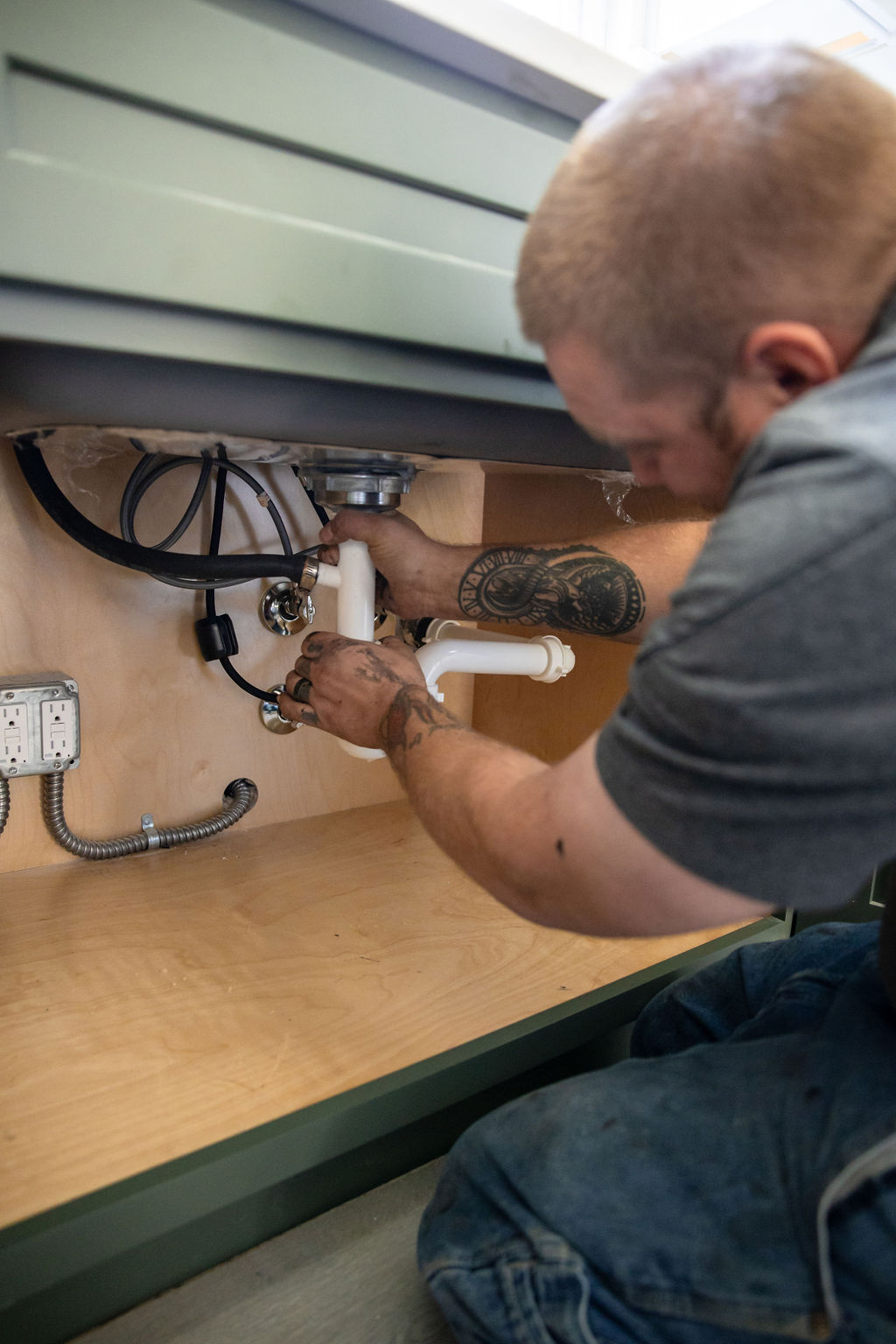
I Have Knocking Pipes When Water Is Not Running – Why?
October 10, 2024
